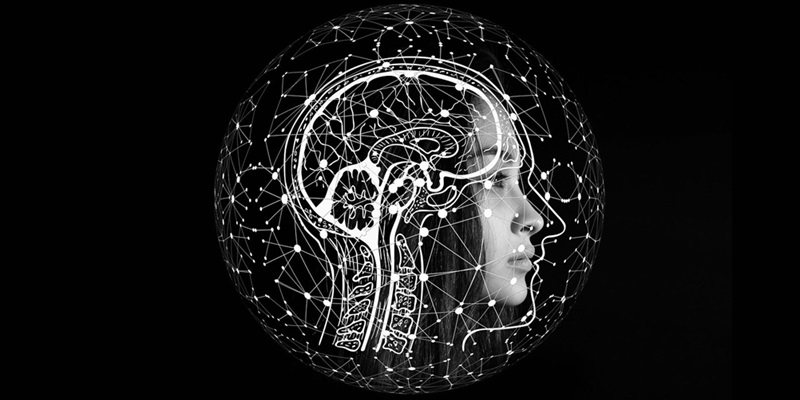Artificial Intelligence (AI) is ushering in profound changes across various sectors, significantly enhancing operational efficiencies and driving innovation like never before. Healthcare and finance, two critical pillars of modern society, are uniquely positioned to benefit from AI’s transformative potential. In healthcare, AI’s role spans from improving diagnostic accuracy to personalizing treatment plans, while in finance, AI is indispensable for fraud detection and risk management. These advancements not only streamline processes but also redefine the scope and scale of what these industries can achieve, making them more effective and responsive to the needs of society.
AI in Healthcare: Diagnosis and Personalized Treatment
In the field of healthcare, AI is particularly impactful when it comes to diagnosing medical conditions and personalizing patient care. AI algorithms, particularly those used in medical imaging, have achieved accuracy levels that rival those of trained human professionals. For example, AI-assisted imaging can detect early signs of life-threatening conditions like cancer, potentially reducing diagnostic errors by up to 30%. According to a 2023 survey by the American Medical Association, the use of AI has become instrumental in identifying anomalies in medical scans that might be missed by even the most experienced practitioners. The precision and reliability provided by AI-driven diagnostics promise to markedly improve patient outcomes.
Beyond diagnostics, AI is revolutionizing personalized treatment plans. Historically, treatment plans were often based on generalized data, which could lead to varying levels of effectiveness among different individuals. AI systems, however, can analyze vast amounts of patient data, including genetics, lifestyle, and medical history, to craft individualized treatment plans. This capability is particularly crucial for managing complex disorders, where treatment responses can vary widely. AI’s ability to continually assess and adjust treatment plans based on real-time data ensures that patients receive the most effective therapies, enhancing overall clinical outcomes. Furthermore, AI’s predictive analytics can foresee potential health issues, allowing for preventative measures that can significantly enhance quality of life.
AI in Finance: Fraud Detection and Risk Management
The financial sector is leveraging AI to streamline operations and enhance security measures. One of the most critical applications of AI in finance is in the area of fraud detection. AI algorithms are designed to monitor transaction data in real-time, identifying irregular patterns and potentially fraudulent activities before they can escalate. According to Forbes, AI systems can reduce fraud losses by up to 45%, making them invaluable in today’s increasingly digital financial landscape. By rapidly analyzing vast quantities of data, these AI systems can flag suspicious transactions and duplicate payments, providing an additional layer of security that surpasses traditional methods in both speed and accuracy.
Moreover, AI is instrumental in risk management and market analysis within the financial sector. Predictive analytics tools powered by AI allow financial institutions to make better-informed decisions by analyzing market trends and forecasting future movements. These systems enable faster and more strategic stock market trades compared to conventional human methods. Additionally, AI tools can assess credit risk more accurately, ensuring that loans are granted to individuals who are most likely to repay. This dual capability of enhancing both security and decision-making processes makes AI an essential asset for financial institutions aiming to remain competitive and secure in a rapidly evolving market.
The Broader Implications of AI Across Industries
Artificial Intelligence (AI) is bringing remarkable changes to numerous sectors, significantly enhancing operational efficiency and spurring innovation like never before. Healthcare and finance, two crucial pillars of contemporary society, stand to gain immensely from AI’s transformative capabilities. In healthcare, AI improves diagnostic accuracy and personalizes treatment plans, leading to better patient outcomes and more efficient care delivery. Doctors can analyze vast amounts of medical data quickly, paving the way for faster diagnoses and tailored treatments. In the finance sector, AI plays a vital role in fraud detection and risk management. By analyzing transactional data and identifying patterns, AI helps financial institutions safeguard their operations and minimize risks. These advancements not only streamline processes but also redefine the potential of these industries, making them more effective and responsive to societal needs. Thus, AI is not just an enhancement; it’s revolutionizing what healthcare and finance can achieve, pushing the boundaries of what’s possible in these crucial fields.

